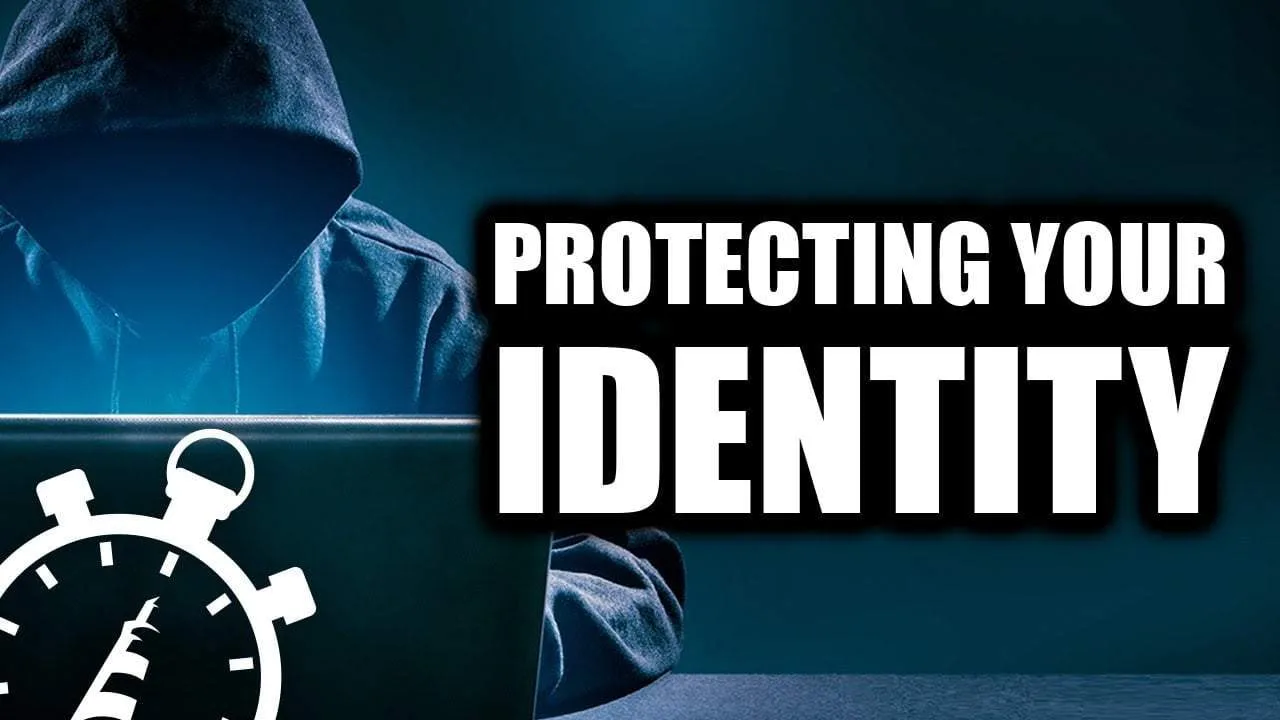Identity theft can be a serious problem that can affect your life in many ways. By protecting your identity and avoiding the things that put you at risk, you can improve your overall security. This article contains some information about identity theft and how to prevent it. If you are concerned about identity theft or have been the victim, this article can help you understand some of the risks and what you can do to minimize the risk.
There are many ways to protect yourself against identity theft, such as: destroying important documents and personal information, securing your mail, destroying credit cards and bank accounts, and shredding sensitive documents. Keep track of all your vital information-this way you can quickly report an identity theft if you find a problem. Never give out your Social Security Number over the phone or internet, or write down your personal identification number (PIN). Secure your mail with passwords and signatures.
Protect your personal information by shredding it. Shred your documents so that they can’t be used to establish a line of credit. Make sure all your bills are paid on time. Monitor your credit report for any unauthorised entries. If you become a victim of identity theft, contact your bank immediately and don’t provide any more personal information until you speak to a representative.
Don’t sign up for online accounts, unless you know the site is secure. An identity theft allows the thief access to your bank accounts, credit cards, and social security numbers. Never provide financial or personal information through an Internet website, unless you trust the site. An electronic transaction is just as easy for a computer hacker to break into as it is for a human.
Contact one or more of the major credit bureaus. If you have multiple accounts open with different companies, such as a mortgage company and credit card company, you should contact each separately. This will prevent the identity theft from applying to more accounts, which increases the likelihood that the thief will be caught.
Do not send sensitive information over the phone or internet. Some of the most common ways that identity theft occurs include the use of emails, instant messaging, websites and telephone calls. If you must send sensitive information over the internet or to someone outside of the Australia, use a paid service instead. It is very easy for hackers to intercept your bank or credit card numbers if you don’t protect yourself.
Don’t open new accounts. When you are trying to rebuild your credit and are worried about identity theft, do not open new accounts. There are usually a lot of people applying for credit cards and this makes it very easy for someone to obtain your personal information. When you close accounts, you are making it more difficult for thieves to obtain your financial information.
If you need to contact your bank or credit card companies, make sure you know who you are calling because some people may be using the name of an older individual. Always review your financial statements carefully to avoid identity theft. Review your statements every six months or so and check for items that may have been reported.
Contact your credit report provider and have them investigate the accounts. If your accounts are valid, you should be able to add them to your credit report. However, it is possible for someone to use a credit card in your name to make purchases without leaving a balance or leaving behind any cash. As soon as you notice anything that seems suspicious, contact your credit report provider and have them investigate.
Be cautious about giving out your credit cards or other financial information over the phone or internet. If someone offers you a “bill consolidation” service, be very suspicious. A legitimate bill consolidation service can help you pay off all of your credit cards, avoid late fees and eliminate debt. If you have to give out your credit cards or information over the phone or internet, be very wary because identity theft can happen very quickly.
Watch out for suspicious behavior. There have been many cases where identity theft has occurred because someone was trying to set up an account in your name. They used your social media page to try to get credit in your name, they may have tried to open a bank account in your name or emptied your bank account to drain your funds. If someone is asking for your social media passwords, cell phone numbers or your bank account numbers over the phone, it is likely they are trying to steal your identity. Be extremely careful about giving out your personal information or your bank account numbers over the phone or internet.







